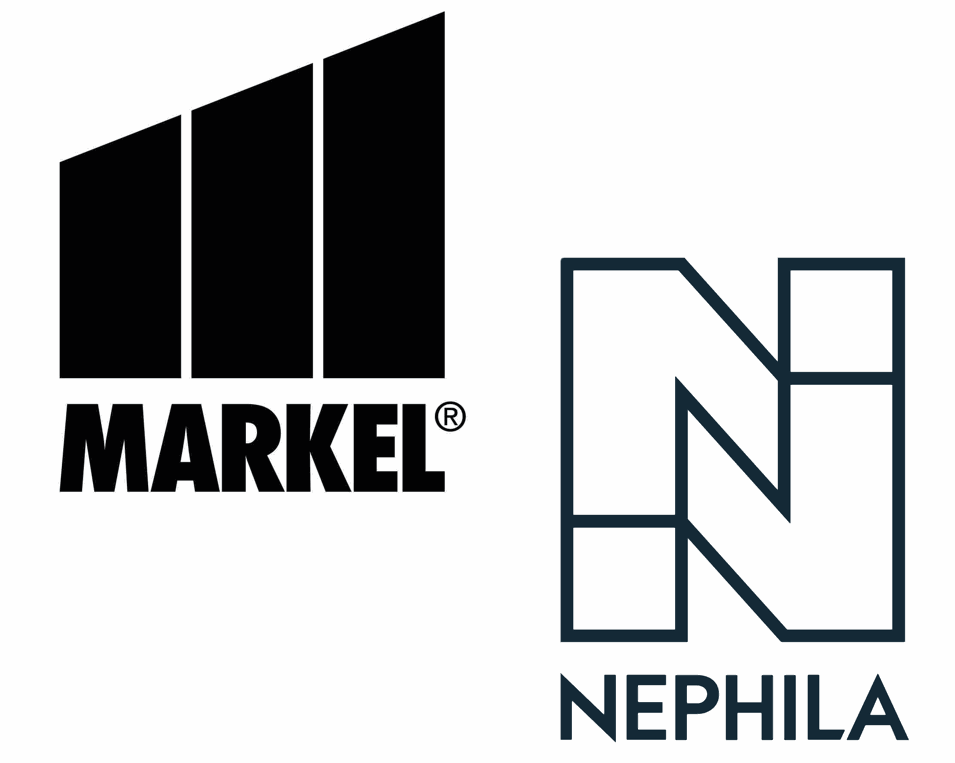Nephila Capital’s net assets drop 8% to $7.8bn on hurricane Ian impacts

Nephila Capital, the flagship insurance-linked securities (ILS) fund management operation owned by Markel Corporation, has reported a $700 million decline in net assets, as hurricane Ian’s impacts and losses drove the total down to $7.8 billion.
The decline represents just over 8%, or $700 million of ILS assets under management being wiped out by hurricane Ian, given Markel reported that Nephila had $8.5 billion of net assets as of June 30th 2022.
An 8.2% decline in net assets after hurricane Ian is aligned with the upper-end of where some catastrophe bond funds have marked their books down to, which for an ILS fund manager that is more focused on provision of collateralized reinsurance is not an overly significant decline.
It’s also important for ILS managers to mark early after an event like hurricane Ian, as should any loss creep emerge, or should the industry loss prove to be nearer the upper-ends of estimates, the last thing an ILS manager will want is to have to make a much larger disclosure of losses further down the line.
As a result, given hurricane Ian’s severity and Nephila’s market share of ILS and its still relatively significant support for some major players in Florida, this decline does not seem too surprising at this stage of Ian’s development.
In Markel’s third-quarter results, the company reported a decline in its insurance-linked securities (ILS) revenues to almost $25.9 million, down from almost $46.5 million in the prior year period.
Part of the decline will be due to lower assets under management at Nephila, but also due to performance fees being eroded by hurricane Ian’s losses, we assume.
Expenses from the ILS segment also declined quite heavily though, to almost $32.9 million from $43.38 million, which likely represents the fact expense related to shuttered retrocession ILS plays Lodgepine and Markel CATCo are reducing, but also the sale and offloading of the MGA platforms Nephila had previously owned.
Markel reported that total revenues attributed to unconsolidated entities managed by Nephila were $17.1 million and $57 million for the third-quarter and first-nine months of the year, respectively. A year earlier these figures were $32.8 million and $103.5 million, respectively.
These declines are largely related to the MGA unit sales, as service fees paid have reduced since then.
Catastrophe premiums written through Markel’s program business link to Nephila continued to expand though, as the company continues to make greater use of ceding catastrophe exposed property risk through to Nephila’s reinsurance vehicles.
Gross premiums written through these programs with Nephila reached $398.9 million and $889.6 million for the third-quarter of 2022 and first-nine months of this year, respectively, up from the $283.7 million and $587.7 million reported for the quarter and first-nine months of 2021.
It’s also noteworthy that reinsurance recoverables on Markel’s consolidated balance sheets, which are due from Nephila’s reinsurers, reached $1.3 billion at the end of Q3 2022, up from $751 million at the end of 2021.
All of which reflects the continued integration of the Nephila Capital catastrophe underwriting business into Markel’s insurance and reinsurance operations.
While the decline in Nephila Capital’s assets shrinks the ILS fund manager further, the decline will not have been unanticipated in the wake of hurricane Ian, given the major impacts of the storm and significant reinsurance recoveries being made by insurers operating in Florida.






